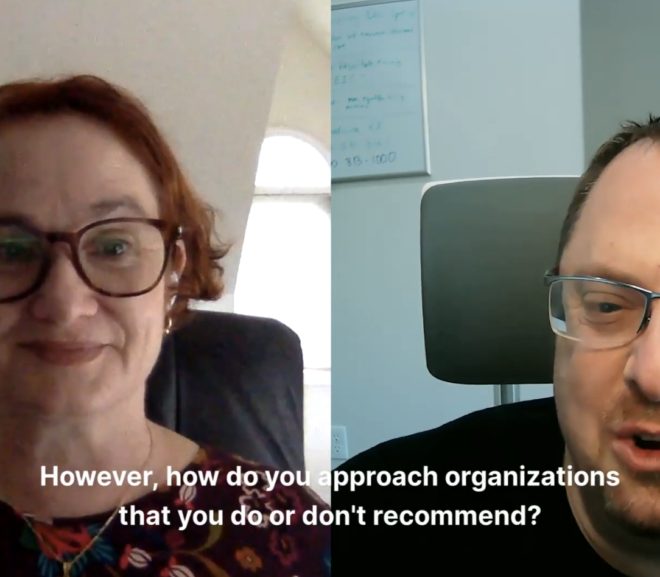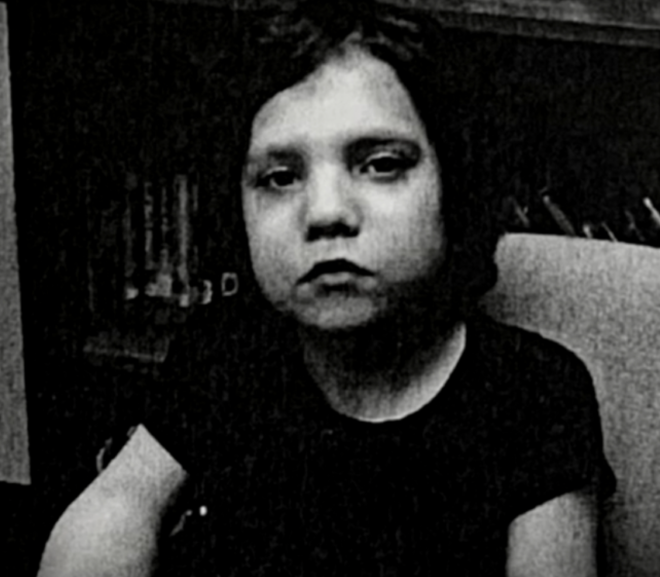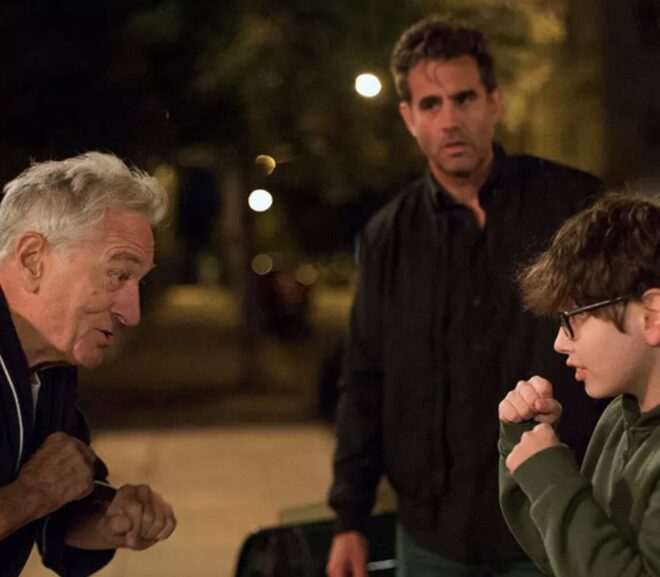Ashley Storrie, co-creator and star of Hulu’s series Dinosaur, talks with TPGA about incorporating her own autistic experiences into the show, and why storytelling is so crucial for wider understanding of underrepresented groups.
Category: representation
Considering the state of autistic representation in both music and film, giving ASD Band the classic rock doc treatment is one of the most revolutionary choices that the director could have made.
Senior editor Shannon Rosa talks with autistic podcaster Shawn Sullivan of Unheard Voices about what we do here at TPGA: Our passion for debunking autism misinformation, boosting neurodiversity advocacy, and fighting for disability rights. Shawn was a gracious host, and Shannon had a lot of opinions—all of which are correct.
Investigative Documentary’s docu-series Natalia Speaks addresses important issues about parents’ legal over-reach and the rights of the disabled. It also raises the question of what we deserve from the stories about us.
The new movie Ezra shows that when autistic people are creatively involved in telling autistic stories, it strengthens not only representation, but the very quality of a film itself.
Even though the Netflix series Heartbreak High looks like purely soapy fun, Sarah Kapit says it has “the best on-screen depiction of being autistic that I’ve ever seen.”
When autistic people aren’t centered in things about us, it creates an ecosystem where an autistic person like Sia who does not understand herself as autistic creates a film like “Music.”
We spoke with writer, public speaker, and autism self-advocate Gyasi Burks-Abbott about growing up Black and autistic in a much less autism-aware era, and how he was able to thrive thanks to the guidance of his intuitive and supportive mother.
Learning to advocate for myself, after learning late in life I was autistic, has given me the strength, self-awareness, and tools to stand up for myself after I was suddenly deposited back on the breast cancer treadmill.
Over-valuing certain abilities means looking down on people who don’t share them. Aspie supremacy is the ideology that follows from taking this to an extreme: ‘aspies’ have extraordinary powers which not only make their existence worthwhile, but make them better than other people.

![Promo image for the movie ASD Band, showing the four band members partially backlit by low sun. Several film award logos in black are over their heads. At the bottom of the screen in large white letters is text reading "ASD Band: The Movie".]](https://thinkingautismguide.com/wp-content/uploads/2024/04/ASD-Band-The-Movie-5629071-660x577.png)







